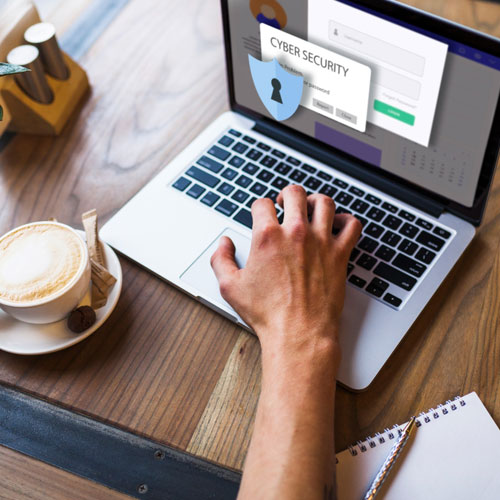In today’s digital age, sending emails has become a common means of communication. However, with the increase in cyber threats, it is important to ensure that your emails are secure and protected from potential breaches. Email security is crucial in safeguarding sensitive information and preventing unauthorized access to your data.
The primary hazards are malicious individuals who use the inherent weaknesses of email systems to enter them via phishing assaults, malware, ransomware, and other similar threats. It is important that as an internet marketer, we are aware of the best practices of email marketing for email security.
What is Email Security?
Email security refers to the measures taken to secure the content and access of email communication. It includes protecting email accounts, securing email servers, encrypting email content, and implementing authentication protocols to verify the identity of the sender. Email security is important because it helps prevent data breaches, identity theft, and unauthorized access to confidential information.
To send secure emails, there are several best practices that you can follow. First, it is important to use secure login authentication methods such as two-factor authentication, single sign-on, and API keys.
- Two-factor authentication requires an additional verification step, such as a code sent to your phone, to access your email account.
- Single sign-on allows you to securely access multiple applications with a single login credential.
- API keys are used to authenticate communication between software applications.
Sender authentication protocols such as SPF, DKIM, and DMARC help validate the identity of the sender and prevent email spoofing. Using an SMTP server for sending emails can also enhance security by encrypting email data in transit. Data protection with encryption ensures that your email content is secure and cannot be read by unauthorized users.
Limiting access to data and providing cybersecurity knowledge for staff and employees are also important in maintaining email security. Restricting access to sensitive information only to authorized personnel can prevent data leaks and breaches. Educating employees about cybersecurity best practices, such as identifying phishing emails and avoiding clicking on suspicious links, can help prevent email security incidents.
How to Send Secure Email in Gmail?
Here is a useful video that explains how you can send secure emails using Gmail.
Conclusion
In conclusion, sending secure emails is essential to protect your sensitive information and prevent cybersecurity threats. By following best practices such as using secure login authentication methods, implementing sender authentication protocols, encrypting email content, and limiting access to data, you can ensure that your emails are secure and protected from potential breaches. Stay vigilant and take the necessary steps to secure your email communication to safeguard your data and privacy.


